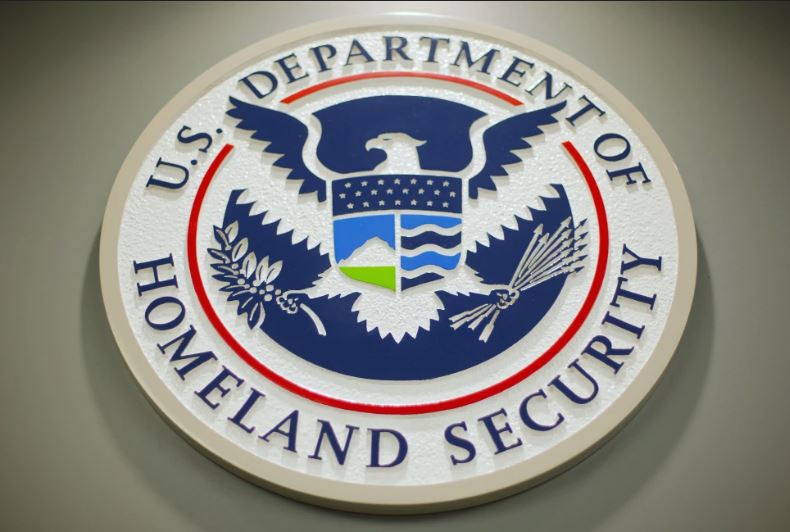Nearly 20 years after Caribbean islanders sued to hold the French government criminally responsible for the banana industry’s extended use of a banned pesticide in Martinique and Guadeloupe, a panel of judges has dismissed their case, ruling that it’s too hard to determine who’s to blame for acts committed so long ago.
The judges in Paris described the use of chlordecone from 1973-1993 as a scandalous “environmental attack whose human, economic and social consequences affect and will affect for many years the daily life of the inhabitants” of the two French Caribbean islands.
But they also asserted that even in the 1990s, scientists had not established links between chlordecone and illnesses in people.
“How dare they write such a historical and scientific untruth,” Christophe Lèguevaques, an attorney involved in the case, said in a statement issued Thursday.
Chlordecone, also known as kepone, was patented in the 1950s by scientists working for Allied Chemical, a US company based in New Jersey now called Allied Corporation, and millions of pounds of the pesticide were produced, nearly all of it exported for use outside the United States.
The US government banned the pesticide in 1976, a year after the Virginia health department permanently shut down a Life Science Products chemical plant in Hopewell, Va., whose workers developed slurred speech and other neurological problems blamed on the pesticide.
However, chlordecone was legally marketed in France from 1981 until the government banned it in 1990, and its use continued for three more years after that in Guadeloupe and Martinique to kill the banana weevil under an exemption granted by the French government. Decades later, it continues to contaminate the islands’ soil and water.
The French government estimates that more than 90% of adults were exposed to chlordecone on both islands, whose combined populations total some 750,000 inhabitants. Among a variety of ailments, chlordecone is associated with an increased risk of prostate cancer, and these islanders suffer prostate cancer at among the highest rates in the world, French cancer researchers say. Other French research links chlordecone exposure to preterm births.




